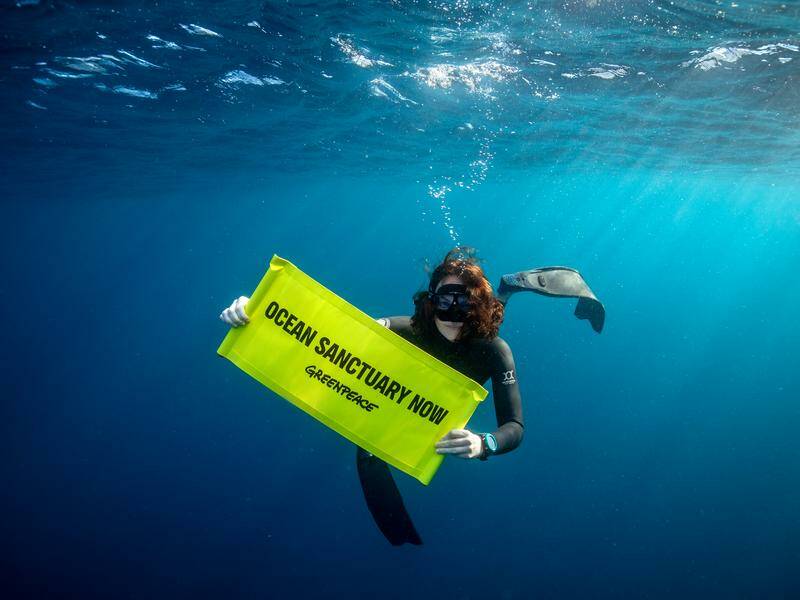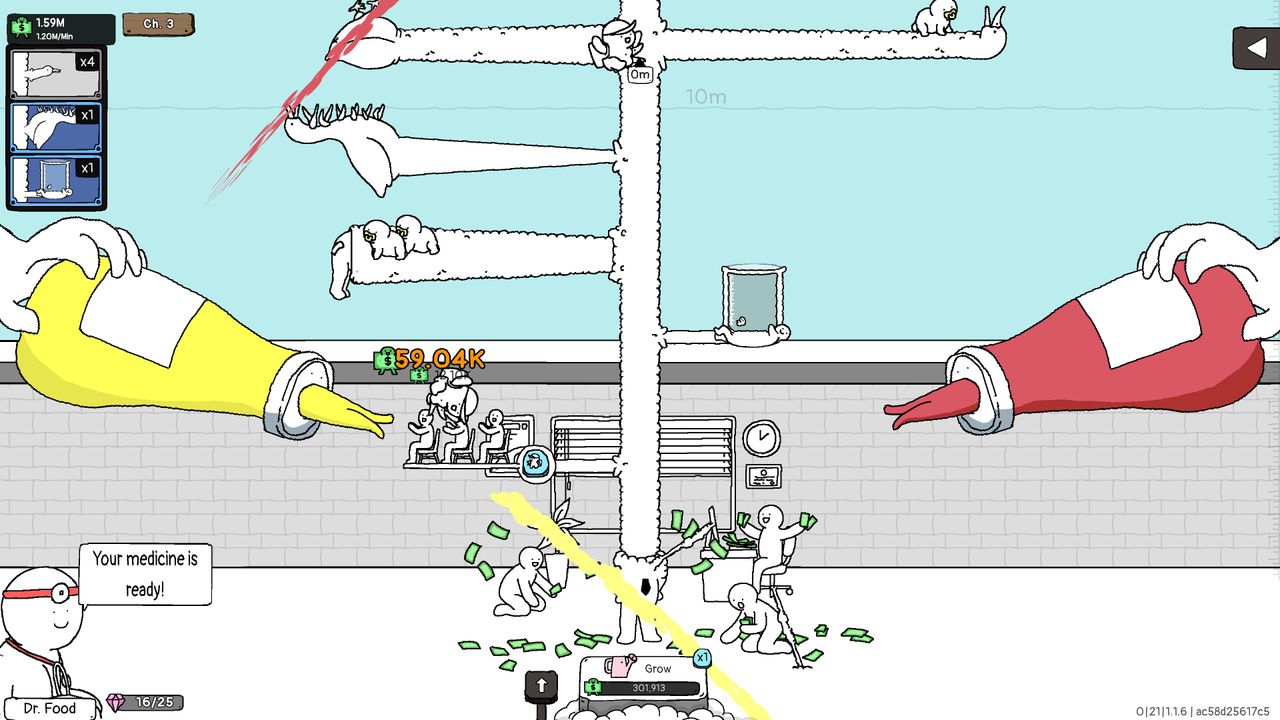
URGENT UPDATE: Australia is under increasing pressure to ratify the High Seas Treaty, a pivotal agreement aimed at creating marine sanctuaries in international waters. After a significant milestone was reached on Friday, when Morocco became the 60th nation to approve the treaty, the law is set to take effect in January 2024.
Despite being a founding signatory in 2023, Australia has not yet ratified its commitment, raising concerns among environmental advocates. Elle Lawless, a campaigner for Greenpeace Australia Pacific, expressed disappointment, stating, “Today is a global win but a domestic disappointment.”
The treaty aims to protect 30 percent of the world’s oceans by 2030, creating vital marine sanctuaries that help preserve threatened species and support fish stocks. However, the Climate Change Department indicates that federal legislation is needed before Australia can ratify the treaty. The treaty was tabled in parliament in June 2024 and is pending review by the Joint Standing Committee on Treaties.
Greenpeace is urging the Australian government to expedite the ratification process and propose ocean sanctuaries, particularly in the South Tasman Sea and Lord Howe Rise, areas identified by the UN as critically important for protection. Lawless underscores the treaty’s significance: “It will give the ocean a shot at survival by allowing the creation of high seas ocean sanctuaries where marine life can rest, recover, and thrive.”
Currently, less than one percent of the high seas are fully or highly protected, making this treaty essential for expanding marine protection and addressing the climate crisis. “It’s not too late. Australia hasn’t missed the boat but had better start swimming if it’s to catch up,” Lawless added.
As the global community focuses on ocean conservation, Australia’s delay in ratification raises urgent questions about its commitment to environmental protection. The coming weeks will be crucial as the government faces mounting pressure from both domestic and international stakeholders to act swiftly.
Stay tuned for further updates as this critical situation develops.






